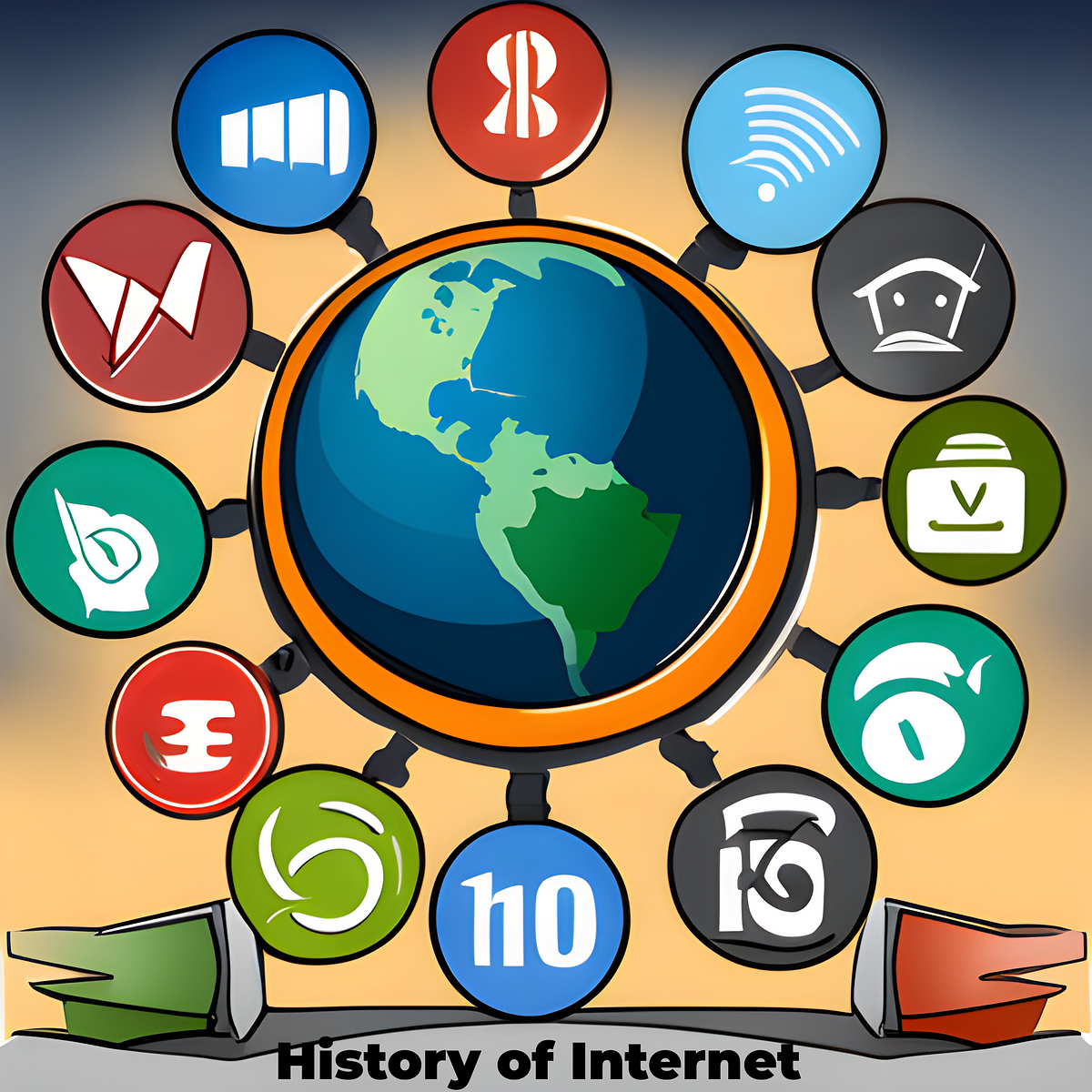In the ever-evolving tech landscape, becoming a developer is a rewarding endeavor that offers numerous opportunities and challenges. Whether you’re drawn to web development, software engineering, or data science, the path to becoming a developer involves learning, practicing, and continuously adapting. Here’s a comprehensive guide to help you navigate this exciting career journey.
1. Discover Your Interest and Choose a Path
Identify Your Goals: Start by understanding what type of development interests you the most. The tech field is vast, with various specializations such as:
- Web Development: Building websites and web applications.
- Software Engineering: Developing desktop or mobile applications.
- Data Science: Analyzing data and building data-driven models.
- Game Development: Creating interactive entertainment software.
Choose a Focus: Based on your interest, decide whether you want to focus on frontend (user interface), backend (server-side), or full-stack development (both frontend and backend).
2. Learn the Fundamentals
Programming Languages: Begin with a programming language that aligns with your chosen path. For web development, you might start with HTML, CSS, and JavaScript. For backend or software development, consider languages like Python, Java, or C#.
Educational Resources:
- Online Courses: Platforms like Coursera, Udemy, and Codecademy offer structured learning paths.
- Books and Tutorials: Look for beginner-friendly books and tutorials related to your chosen language.
- Coding Bootcamps: Intensive programs designed to get you job-ready quickly.
3. Build Practical Skills
Hands-On Practice: Apply what you learn by working on real-world projects. Start with small projects like building a personal website or a simple application.
Contribute to Open Source: Join open source projects to gain experience and collaborate with other developers. Sites like GitHub offer numerous opportunities to contribute.
Build a Portfolio: Create a portfolio showcasing your projects and skills. Include detailed descriptions, code samples, and live demos if possible.
4. Understand Development Tools and Practices
Version Control: Learn to use Git and platforms like GitHub for managing code changes and collaborating with others.
Development Environments: Get comfortable with text editors or integrated development environments (IDEs) like Visual Studio Code or IntelliJ IDEA.
Testing and Debugging: Develop skills in testing your code and debugging issues to ensure reliability and performance.
5. Specialize and Expand Your Knowledge
Frameworks and Libraries: Once you’re comfortable with the basics, explore frameworks and libraries related to your field. For web development, this might include React, Angular, or Vue.js. For backend, you might look into Express.js or Django.
Advanced Topics: As you advance, delve into more complex topics like databases, cloud services, and security.
Stay Updated: Technology changes rapidly, so keep learning and stay informed about new tools, languages, and best practices.
6. Network and Seek Opportunities
Join Communities: Engage with developer communities online through forums, social media, and local meetups. Sites like Stack Overflow, Reddit, and LinkedIn are great for connecting with other professionals.
Attend Conferences and Workshops: Participate in tech conferences and workshops to learn from industry experts and network with potential employers or collaborators.
Apply for Jobs or Internships: Start applying for entry-level positions or internships. Tailor your resume and cover letter to highlight your skills and projects.
7. Continue Learning and Growing
Feedback and Improvement: Seek feedback from peers and mentors, and use it to improve your skills and knowledge.
Certifications: Consider obtaining certifications in specific technologies or methodologies to validate your expertise and enhance your resume.
Career Development: Explore different roles within development, such as senior developer, team lead, or software architect, and plan your career path accordingly.
Becoming a developer is a journey of continuous learning and adaptation. By starting with a clear focus, acquiring fundamental skills, and building practical experience, you can pave the way to a successful career in tech. Stay curious, embrace challenges, and remember that each step, from learning the basics to building complex applications, brings you closer to achieving your goals as a developer.














Leave a comment